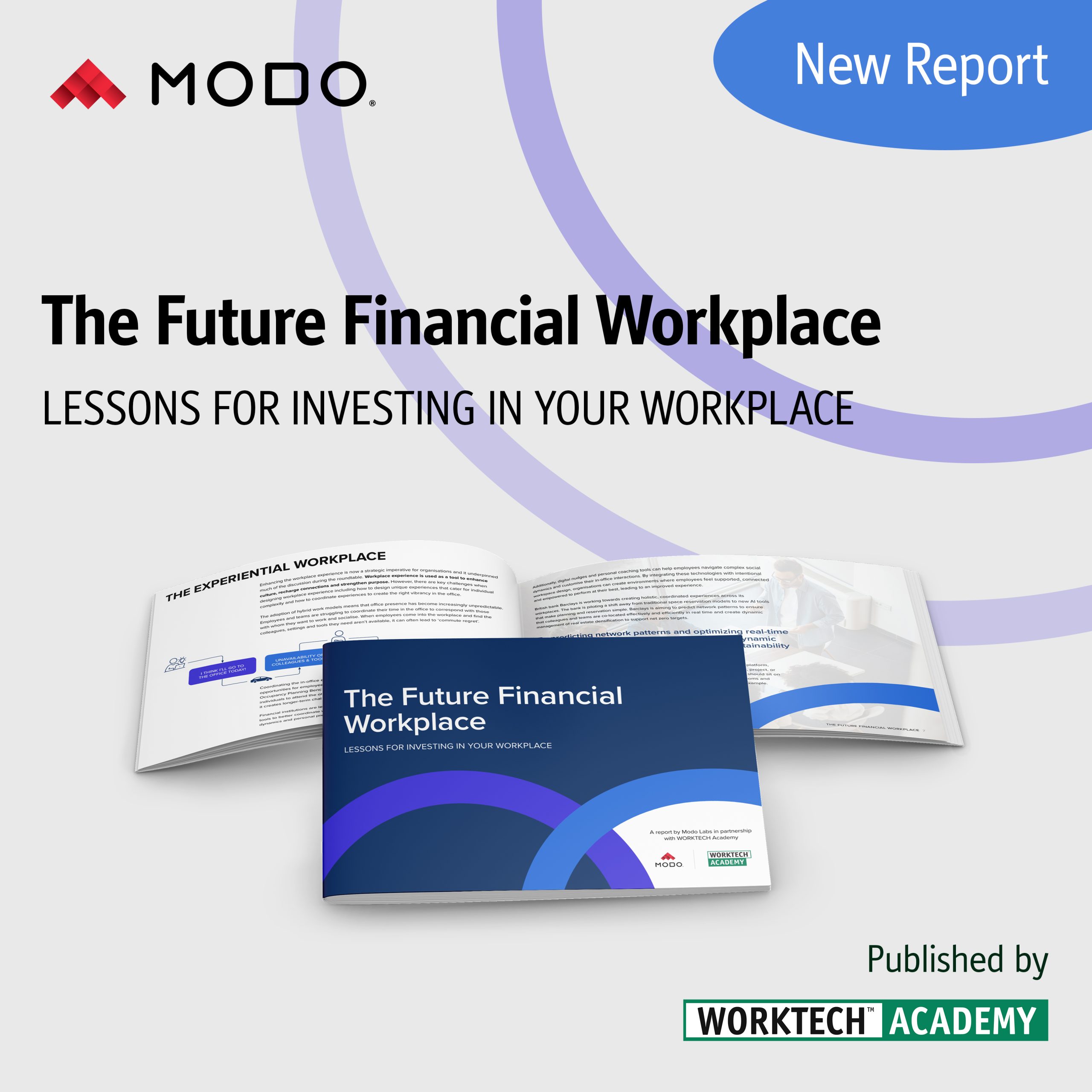Revving up the return: four dimensions of workplace experience
As companies pull the levers of experience to bring people back to the office, what type of experience are they offering – and what they should be doing next? A new report provides answers
Nearly five years after the global pandemic, our relationship with the workplace has changed significantly. With more choice and more flexibility in how and where we work, employees are seeking a better workplace experience to seal the deal in returning to the office.

But what kind of workplace experience do companies currently offer their people, and what should they be doing to elevate the return to the office?
These are the key questions addressed in new report by technology company Joan Workplace, produced in partnership with WORKTECH Academy, entitled ‘Top 4 Workplace Experiences for a Thriving Business in 2025!’
The paper explores the hidden dimensions of employee motivation and behaviour to uncover what it really takes to create a workplace that can be a magnet for employees. At its core is a research framework that presents four distinct types of workplace experience emerging today.
This framework is based on two axes. The first measures the temporal relationship: are workers just ‘passing through’ (spending 1-2 days max in the office), or does the office feel like ‘home’ for employees spending 3.5 to 5 days per week in the workplace? The second measures the psychological relationship: are workers seeking a mainly functional and extractive relationship with office to achieve seamless connection and to get tasks done, or are they seeking more of an emotional relationship related to a sense of purpose, meaning and belonging?

Four types of experience
Four quadrants relate to different types of workplace experience. These are:
- Transaction based: In this scenario, employees have a ‘passing through’ relationship with the office. Most of their week is spent working remotely and they want a functional relationship with the office to get work done when they do come in. Technology plays a formative role in this scenario with data analysis prominent.
- Culture based: Culture-building plays a fundamental role this typology, as employees who have a ‘passing through’ relationship with the office (only present one to two days per week) nevertheless seek a deeper, more emotional connection to it. The HR department plays a key role here.
- Service based: Services and amenities play an important role this scenario, as employees who spend most of their week in the office and regard it as ‘home’ seek functional and utilitarian support to manage their work and life commitments. IT, HR and real estate departments need to coordinate on service delivery.
- Place based: Placemaking is fundamental to this scenario, as fulltime or nearly fulltime in-office employees seek a deeper, more emotional relationship with where they work. The physical design of the workplace is most important to the typology, with real estate and facilities teams playing a frontline role.
Identifying practice
The report goes onto define each dimension of workplace experience in detail, providing evidence and examples, as well as ways in which tech and data can support change. Office management can also undertake a questionnaire on Joan Workplace’s website which identifies current practice and aids clarity and decision making in this key area.
Luka Birsa, co-founder of Joan Workplace, explains: ‘The framework is much broader than adopting technology – it’s a tool for office management teams to understand the changing parameters of the workplace. We want to expand the conversation around what’s really happening inside organisations at a time of growing complexity so that policies and practices can adapt.’
Access the full report, ‘Top 4 Workplace Experiences for a Thriving Business in 2025! A strategic framework for enhancing workplace experience and driving business success’ here.
Read an extract from the report in our Innovation Zone, which gives privileged access to premium content for WORKTECH Academy members and partners








